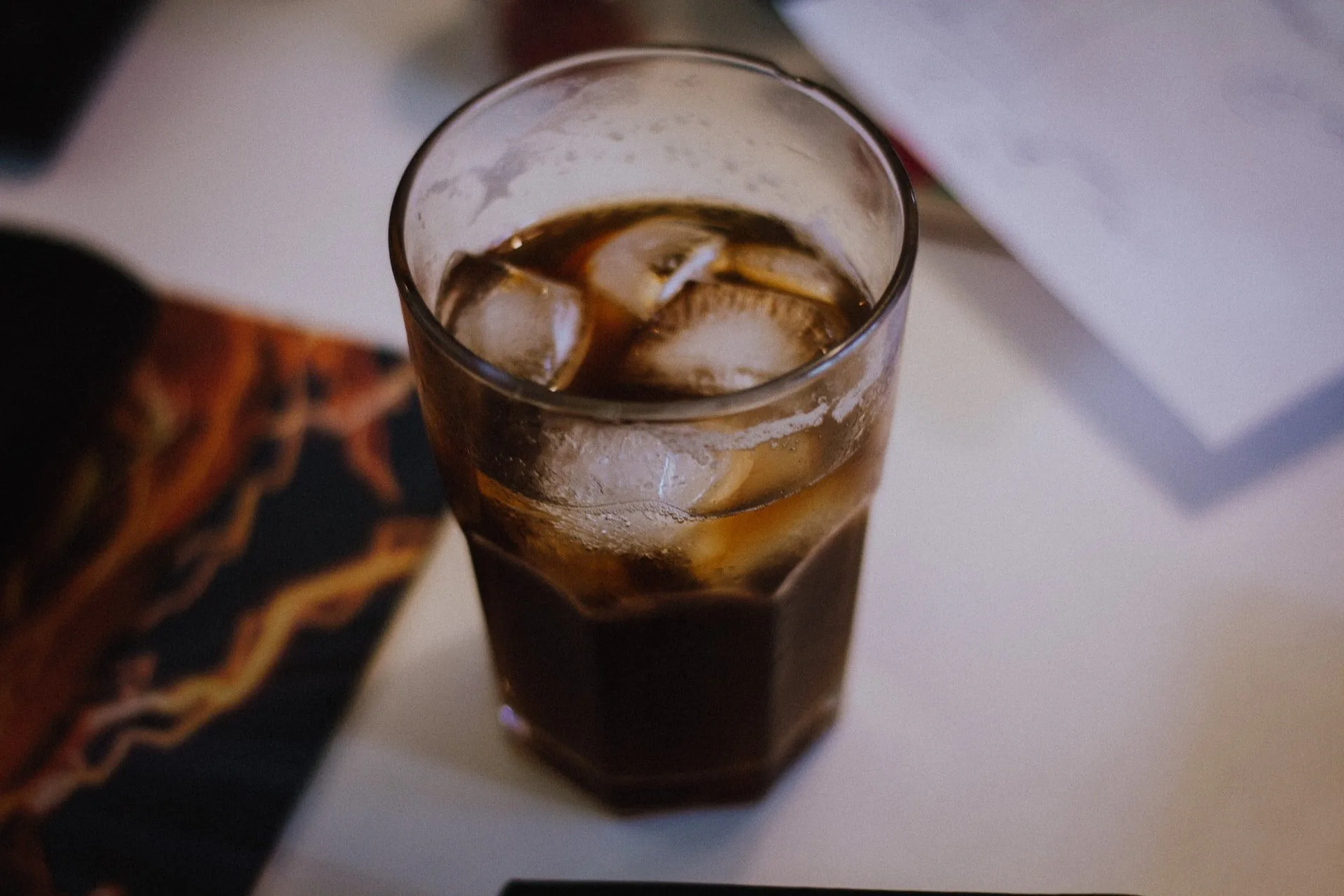We all know that soda isn’t exactly good for us, but why can’t we stop drinking it? I mean, half of Americans drink one or more glasses of soda a day and that doesn’t look like it’s going to change any time soon. However, it should.
Now if you’re still in denial of the effect that a glass of soda can have on your health, read on to find out more about the dangers of all that fizz.
What happens when I drink soda?
1. You become obese
This should come as no surprise, but soda has greatly contributed to the obesity epidemic (1). How so? Well aside from the presence of sugar, another ingredient found in sodas may also be responsible for weight gain.
High-fructose corn syrup is an ingredient found in many foodstuffs, and it’s often used in the place of sugar as it’s less expensive. However, it’s also been linked to a number of health issues, including obesity.
2. You might become vitamin deficient
Manufacturers use phosphoric acid in sodas to help prevent the growth of mold and bacteria. Unfortunately, the use of phosphoric acid may also be responsible for vitamin deficiencies in the body.
Calcium and vitamin D are two nutrients that the body absolutely needs. Unfortunately, phosphoric acid has been found to not only deplete levels of calcium, but it’s also been found to affect vitamin D absorption (2).
3. You’ll ruin your smile
All that soda is ruining your pretty smile. As soda is quite acidic, drinking so much of it can weaken your tooth’s enable and this then increases the risk of tooth decay, leaving you with cavities and poor dental health.
4. You’ll become an addict
Bodies of research continue to tell us that sugar could be as addictive as cocaine and heroin. How does this happen?
Well, sugar triggers the release of dopamine, which is a brain chemical that evokes feelings of pleasure. Now, with sodas being so high in sugar, it’s understandable why so many people become so addicted to drinking them.
5. You’ll get cancer
A recent study published in BMJ found that the consumption of sugary drinks was positively associated with the risk of overall cancer and breast cancer.

Photo by cottonbro from Pexels
Now while we’re not saying that you’ll get cancer if you drink Pepsi, you should be more conscious of what you’re putting in your body.
6. Your skin will hate you
Again, you’re putting quite a lot of sugar into your body and your skin isn’t its biggest fan. A 2019 study found that people who constantly drink sodas and other sweetened drinks are more likely to experience moderate-to-severe acne.
This is because sugar is inflammatory and too much sugar can accelerate skin aging, and even cause breakouts. So, is that glass of Coke really worth all those potential breakouts?
7. It’s heavy on your heart
A 2020 study found that drinking a glass of soda a day can increase a woman’s risk of heart disease by 20%.
How so?
Drinking soda can increase your levels of cholesterol, as well as your blood pressure, and both of these factors can jeopardize your heart health.
8. Your kidneys will be in danger
According to a study published in the Clinical Journal of the American Society of Nephrology, people who drink lots of sugar-sweetened soda and fruit juices may be more likely to develop chronic kidney disease than those who don’t.
This may be due to the presence of phosphoric acid, which may increase the risk of kidney stones. ![]()
9. You’ll get diabetes
This should come as no surprise, especially when you consider the sugar content in sodas. A study published in PLoS One found that for every can of soda you drink, your risk of type 2 diabetes is increased by 1.1%.
10. You’ll never sleep again
Okay, that may be a little dramatic, but you’re definitely going to struggle with getting some shut-eye.
According to the Sleep Foundation, sodas can affect sleep quality because they’re rich in caffeine, and they can cause heartburn and an incessant need to urinate in the middle of the night.
beverages have been linked to certain patterns – such as less exercise during the day and more screen time at night – that potentially interfere with natural sleep cycles.
11. You’ll die sooner
This is no exaggeration.
A study published in the Journal of the American Medical Association found that drinking two or more sodas a day had a 17% greater risk of death than those who consumed less than one soda a month. If that’s not enough, these findings weren’t only limited to normal sodas.
The researchers also found that artificially-sweetened beverages increased the risk of death by 26%, while sugar-sweetened drinks increased the risk of death by 8%.
If you’re worried about your mortality, there are ways you can ensure and improve your longevity.
12. You’ll get belly fat

Photo by Masahiro Naruse on Unsplash
Now you may not care about this stubborn area of fat, but the concerns around belly fat aren’t only rooted in vanity. Believe it or not, belly fat is a serious health concern as it can increase the risk of both type 2 diabetes and heart disease (3).
If you’re struggling with belly fat, here’s how you can manage it.
13. You might not bear children
If you’re looking to start a family and carry your children, then you might want to cut back on how much soda you drink. According to a study published in Epidemiology, drinking one or more sugary drinks each day is linked to reduced fertility, for both men and women.
If you’re eager to conceive, find out if cannabis can help with fertility.
Tips for quitting soda
- If you’re having trouble cutting back on soda, here are a few ways to cut back on it:
- Rid your environment of soda altogether
- If you drink soda every day, make a commitment to go soda-free for a week.
- Switch to green tea or other healthy teas.
- Reach for a glass of water when the urge for soda strikes.




![women [longevity live]](https://longevitylive.com/wp-content/uploads/2020/01/photo-of-women-walking-down-the-street-1116984-100x100.jpg)










